Space is not an issue for the Australian greenhouse growers with Katunga Fresh. Neither is the quality of the tomatoes being produced, labor, or the demand for the product in the Australian market. It’s the energy supply that was limiting the company’s growth: it was expensive and too low in availability. The solution? An innovative biofuel plant will supply the company with heat, CO2 and electricity. The installation will take care of the energy needs of the current 16 hectares, the 5 hectares that will be realized next year and further expansion. The total 2bln AU dollar project will create various biofuels and realize a net negative carbon outcome.
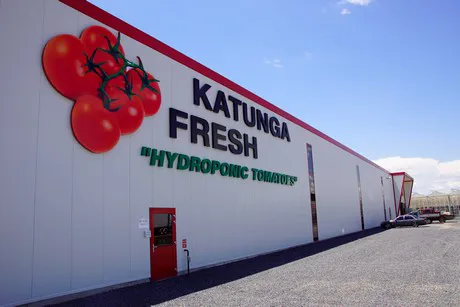
When visiting the little town of Katunga, located in Victoria, Australia at a 2 hour drive from Melbourne, it’s hard to imagine that two decades ago none of the major greenhouses surrounding the small village were there. The area has changed radically since Peter van den Goor and his wife Marjan moved to the area to start their tomato nursery there. Close to their 16 hectare greenhouse, an acquaintance of the team started greenhouse company (Madigan Fresh, 2 hectares) and also the tomato growers of Flavorite located their 10 hectare greenhouse nearby. “It’s good to have some companions in the area”, says Peter - who’s been known as Tomato Pete since moving to Australia 17 years ago. “We’re working with our colleagues whenever it’s convenient. Since we’re so remote, we take care of a lot of maintenance work ourselves, but every now and then help of course is needed. With our facilities mainly originating from Dutch suppliers, it’s efficient when we work together.”
The suppliers include Gakon for the greenhouses, PB tec for water technique and electrical engineering, Steenks Service for the technical equipment, Van der Waay for the deck washer and Taks for the packing installation. It might not be a surprise that all of them take care of their foreign friends well - if it’s not the ongoing expansion activities, it might be the local bar owned and exploited by Katunga Fresh, where many meetings take place, that gets them to make the 24 hour travel.
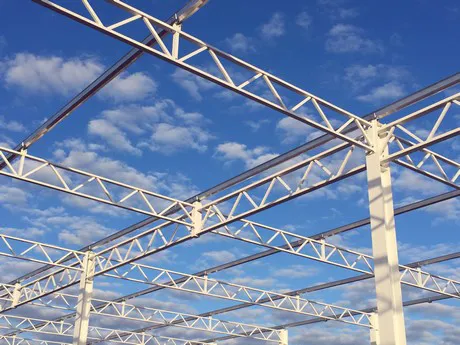
Expansion
There’s more coming up in the area. Next year Katunga Fresh, nowadays not only run by Pete and Marian but also joined by three of their five kids, will be expanding their enterprise with another 5.2 hectare greenhouse. In total the company can double in size to 32 hectares, which is planned for the next years. Gakon, responsible for the majority of the current 16 ha greenhouse, will also be taking care of the newest expansion, including the heating and the screening installation - something suiting them well thanks to the innovative and sustainable character of the project. "We'll be shipping out the first containers within two weeks and make sure planting can be done in June", Olaf Mos with Gakon says.
In addition to the high quality Pete expects from his suppliers, it’s also the innovative way of energy generation that makes the Katunga Fresh project a good fit for the greenhouse building company. On the Katunga Fresh property, a major biofuel plant will be realized. The facility will be erected in cooperation with renewable energy company AgBioEn. With their vertically integrated renewable energy business they will create liquid biofuels, including jet and diesel. When completed the facility will deliver a net negative carbon outcome. “There’s a supply of gas here, but most of it is being exported, so there’s an ongoing shortage. Over the last four years, the price has tripled”, Pete says. In addition they’re currently not able to light his crop due to the lack of electricity supply - something that will also change when the facility is ready, and that will allow Katunga Fresh to light at least 2 hectares of their acreage.
The total project, demanding an investment of over 2 billion AU dollars will include over 75,000 hectares of land, producing biomass, food and animal feed. The products will partly be grown by share farmers. “For the first stage we’ll be needing 60,000 tons of biomass. The total project can handle 600,000 tons. We can include our own plant rests as well, in addition to other bio waste.” This means also the bio waste of the cattle owned by the Van den Goor family can be re-used. Yes, that’s right – in addition to the greenhouse farm and the energy enterprise Pete and his family also are active in cattle breeding.
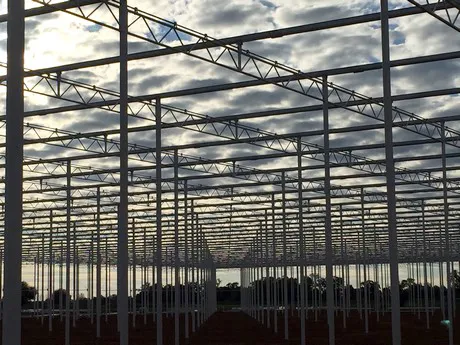
Pete explains how he always liked the business and nowadays produces A-quality beef and A2 milk, a hypo-allergen quality alternative for regular milk. “It kind of just grew upon us, but it’s nice how it all comes together now. I believe this to be the future of agriculture: closing the circle, reusing the resources. Fossil fuel is an ending one, so we need to replace that. I believe the possibilities and the future of biomass and biofuels to be gigantic.”
Closing the circle
The installation for sure will be closing the circle. By using South African techniques, a combination of pyrolysis technology and Fischer-Tropic gas-to-liquid processing, the biomass will be converted into a number of renewable fuels.
“We’ll be using the heat, electricity and the CO2 for the greenhouse, but other companies will profit from it as well. The CO2 is of the same quality as being used for sodas, food-grade”, Pete explains. The installation will not only be able to supply the tomato greenhouse and future expansions with energy, but will also be able to supply a new to be established greenhouse nearby the property. “Probably strawberries, or peppers”, Pete says. “We’ll not be doing this ourselves, since focusing on the TOVs is how we optimize our business - but we will help get this project up and running. The Australian market is not an export market, but in many products Australia isn’t self-sufficient yet. With the ongoing shift from outdoor production to indoor growing, there’s many opportunities for new ventures, since horticultural production offers opportunities in weather challenges, labor, efficiency and food safety.”
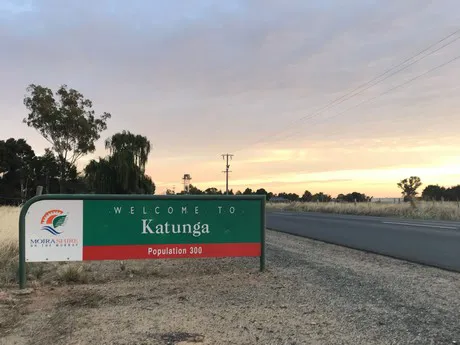
Sustainability
Whereas Pete explains the energy issues were the main reason for him to research this project, it’s also the sustainability part that moves him. When hearing about the projects he’s involved in, they all include improvement both for nature, companies and people. Labor for example is not really an issue to the company, since they mainly work with a vast and very international staff. “We have many Philippine people working here and many Indians as well. We sponsor them to get their working visa in order, making it possible for them to build up a life here.” According to Pete, the stability and loyalty preferable over working with temporary employees like backpackers, something popular in the greenhouse industry. “And our labor requirements are even throughout the year.”
Another example is the fundraiser that will take place this autumn. Following a visit to Africa and meeting up with local Hellen, they decided to support her striving for better education for girls in Kenia. “Don’t exchange girls for cows, give them an education”, is the motto, referring to the high amount of underaged girls as wedding material getting exchanged for cows. The goal is raising money to build schooling facilities.
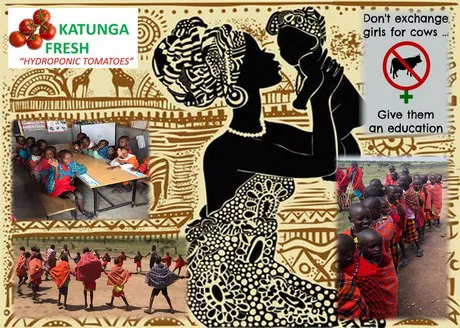
For the Australian building activities, the goal is to have the greenhouse ready in June and connect the biofuel installation mid next year as well. “The challenge for our cultivation is the hot temperature in our summer months”, Pete says. “We normally plant in summer so we can grow throughout winter and have a higher production and better quality. The temperatures can rise to 45 degrees Celsius in summer here. We work in traditional greenhouses covered with diffused glass and have installed high pressure facilities to better control temperature. Thanks to the evaporation of the plants, the temperature within the greenhouse can be up to 12 degrees lower than outside, so temperatures for growing are ideal. It might just be the builders that will have a hard time – but we’re positive they can manage to do so.”
For more information:
Katunga Fresh
Facebook
Fundraiser

Gakon Horticultural Projects
(+31)174 225 700
[email protected]
www.gakon.nl
